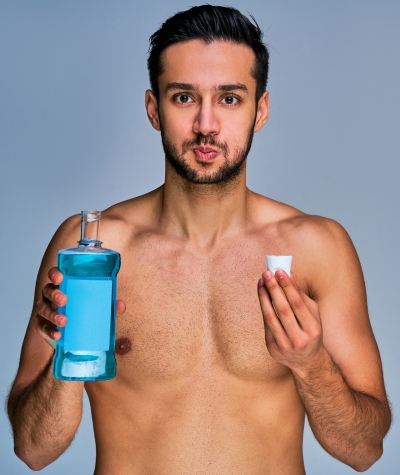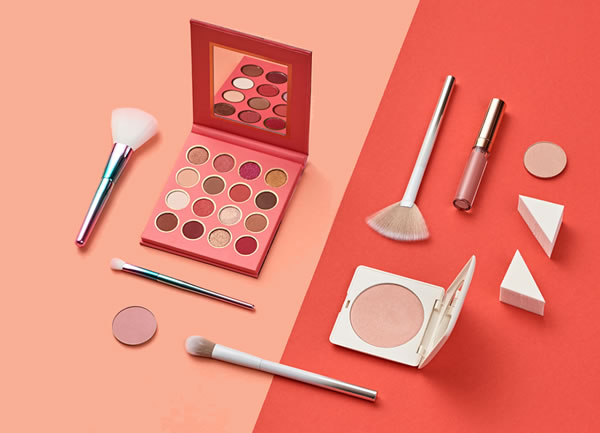By flushing away small particles of food and germs from teeth, gums and tongue, mouthwashes help to reduce the causes of tooth decay and bad breath. They are not a substitute for brushing our teeth which is the main way of helping prevent tooth decay. However, because mouthwashes reach all parts of the mouth, and areas which cannot be brushed, they can be a useful addition to good mouth hygiene routines.
What's in a mouthwash?
Each mouthwash product is slightly different, to appeal to different consumer needs. However, most will contain the following ingredients:
-
cleaning ingredients: these help to dislodge and remove food debris and loose plaque from the mouth.
-
flavouring and colouring agents: to improve the look and taste of the mouthwash and also to help freshen breath.
-
alcohol or other antimicrobial agents: to help kill bacteria and other germs that contribute to tooth decay and bad breath.
-
preservatives: to prevent growth of bacteria and other micro-organisms in the mouthwash.
-
water: to dissolve the other ingredients.
Some mouthwashes may also contain fluoride to help make teeth more resistant to acid attacks that can lead to tooth decay.
Mouthwash Safety
Like all cosmetics, the safety of mouthwashes is regulated by specific laws. These laws ensure that all ingredients and cosmetic products are safe for use.
Smoking and high levels of alcohol consumption are known risk factors for mouth cancers. It is natural, therefore, to ask questions about the alcohol used in mouthwashes and whether or not it is a risk factor. All of the evidence and professional advice is that mouthwashes are nothing to worry about; they remain perfectly safe to use.
Another concern is the effect if a child drinks mouthwash that contains alcohol. Expert advice is that there should not be any long term harm. Although it is not obligatory, some manufacturers use child-proof caps on alcohol-containing mouthwashes. Sensible advice is to keep mouthwashes out of the reach of children and this advice should apply to all cosmetic products.


